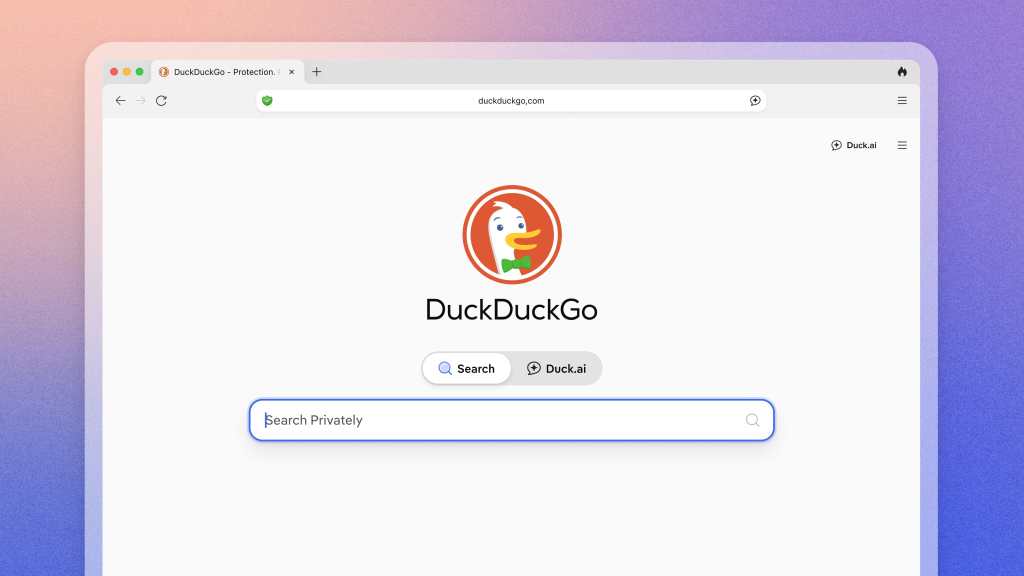Top photo: A demonstrator at the 17th Annual Global Cannabis March, in Portland. This photo is being used for illustrative purposes; there is no suggestion that the subject has suffered from cannabis psychosis. Photo: Alex Milan Tracy/SIPA USA/PA Images
A weird thing happened on the 8th of November last year. Even as Donald Trump was elected President, Americans across the country voted for that most liberal of liberal policies: legalising cannabis. Residents in Nevada, California and Massachusetts voted to make the drug legal for recreational use, while Florida, North Dakota, Arkansas and Montana voted to expand its use in medical settings.
Videos by VICE
Slowly but surely, marijuana is entering the mainstream; but with that comes new hysteria about its impact. Self-appointed moral guardians in the press have spent the last couple of decades maintaining a steady drumbeat of claims that the drug can cause psychosis.
“Teenagers who smoke cannabis damage their brains!” screamed one Daily Mail headline. Another, falsely claiming “Just One Cannabis Joint Can Bring On Schizophrenia,” won the Orwellian Prize for Journalistic Misrepresentation. Among other major errors, the journalist failed to understand that the science they quoted was about a synthetic compound that isn’t actually in cannabis.
However, just because the Daily Mail prints bullshit about cannabis and psychosis, doesn’t mean that there isn’t a connection. In fact, it’s pretty clear that there’s a link of some kind between cannabis and psychosis. If you smoke weed occasionally, you are more likely to suffer psychosis than a random member of the public. If you smoke weed often, those odds increase further. So does that mean that cannabis causes psychosis? Short answer: it’s really fucking complicated.
WATCH: High Society – Drone Dealers, Granny Growers and Pot-Friendly Politicians in the UK
Trying to study this topic at all creates a whole array of problems. For one thing, cannabis is illegal. The stress of routinely breaking the law or hiding criminal activity could itself cause mental health issues for vulnerable people – so it’s hard to know if any harm is due to the drug, or the drug being illegal.
Then we get into really deep questions, like, “What are you smoking?” There are two major compounds at play: tetrahydrocannabinol and cannabidiol, which we can shorten to THC and CBD, because I already have tendonitis in my thumb and I don’t want it turning into full-blown RSI. Gram for gram there’s about three times more THC in skunk than hash, but hash can have several hundred times more CBD. The press may lump them together in its scare stories, but to all intents and purposes these are two radically different drugs. And of course, if you’re a British, tobacco-using spliff roller, there’s a third element in all this: nicotine.
These studies all rely on self-reporting – people taking part telling the scientists what and how much of an illegal substance they’ve smoked. So even if they manage do that accurately, which is less than likely, figuring out their level of exposure to these compounds relies on a lot of educated guesswork. That’s not to say these studies are worthless – far from it – but they have known limitations.
Then we come to the biggest problem of all: causality. Just because two things are linked, doesn’t mean that one causes the other. It could be that people who are at risk of suffering psychosis are more likely to smoke weed; maybe they’re self-medicating an “unquiet mind”, in the same way that alcohol abuse often follows episodes of stress.
Or maybe some third factor causes both. There are a whole bunch of risk factors for psychosis: depression, sleeping disorders, being male, your genetics, migration or living in urban areas, to name just a few. Several of these could and do also make people more likely to use drugs. Scientists factor these things out where possible, but it’s always possible that something unknown is lurking in the data.
Alternatively, it could work both ways. Stress can lead to drinking, which can cause more mental health issues. In the same way, maybe risk factors for psychosis also lead people to use cannabis, but then the drug exacerbates their existing problems?

Photo: Martin Alonso, via
Let’s break the problem down further, to the level of the individual compounds we talked about earlier – THC and CBD. THC has been studied pretty extensively in laboratory conditions, and can cause “psychotic-like experiences”. These are short-term events, and it’s impossible to say if they cause long-term damage. Having said that, there’s enough evidence of a dose-response link in field studies, combined with a plausible brain chemistry explanation, to say that there could be a link and that THC might increase risk in vulnerable groups. It’s not proven, but the evidence is tilting in that direction.
Here’s the plot twist: CBD may also be linked with psychosis – in the opposite direction. In fact, the evidence for this has been so positive that researchers are testing it as a treatment for psychotic episodes in schizophrenics. Early studies suggest that CBD could be just as good as current anti-psychotic medications, but without the horrible side effects they have.
So where does this leave the link between cannabis and psychosis? Well, it’s complicated. Some chemical compounds in weed could make vulnerable people or teenagers a little more prone to psychosis, but all of this depends on the dose you receive, and as long as cannabis remains illegal and unregulated it’s impossible to know exactly what dose of THC or CBD people are getting.
Legal things we consume on a daily basis – sugar, or alcohol, or tobacco – have a far greater impact on public health.
Next question: does any of this matter that much? In the grand scheme of things the impact we’re talking about is tiny – maybe one case for every several thousand users, if that. In fact, there’s been little to no sign of any increase in psychosis cases, even as cannabis use has increased.
I’m not saying these cases aren’t important, but the side effects of cannabis use pale into insignificance compared to the side effects of almost any other drug, illegal or otherwise. Legal things we consume on a daily basis – sugar, or alcohol, or tobacco – have a far greater impact on public health. The media’s obsession with what should be a niche issue seems more political than anything else: right-wing baby-boomer pundits desperate to see their hippie peers get punished for their “sins”.
Meanwhile, the big lesson here is that science isn’t a fact machine, spitting out right answers. These are hard questions that we’re only starting to unravel, and just like smoking or cancer risks, it could take years or decades to get definitive answers to our questions. In the meantime, anyone who tells you they’re certain about the risks is probably an idiot.
Equally, though, it’s worth saying that we take risks every time we cross a street or board a plane or cycle down a hill a bit too fast. Just because something has a risk involved, doesn’t mean you shouldn’t do it: that’d be an incredibly dull way to live life. The important thing is that you’re aware of the risks; that they’re risks to you and not others; and that you don’t bullshit yourself about them.
I don’t want to give advice here because I’m both unqualified and spectacularly bad at giving advice, but perhaps it’s worth quoting my late grandmother and her self-ignored suggestion for maintaining a healthy diet: “Everything in moderation.”
If you are concerned about the mental health of you or someone you know, talk to Mind on 0300 123 3393 or at their website, here.
More on VICE:
People Talk About the Experience That Made Them Stop Smoking Weed
What Your Word for Weed Says About You
Are Police Too Skint to Control Britain’s Weed Growing Industry?
More
From VICE
-

Photo: dbvirago / Getty Images -

Credit: DuckDuckGo -

Photo: Oleg Breslavtsev / Getty Images -

Photo: HEX / Getty Images
